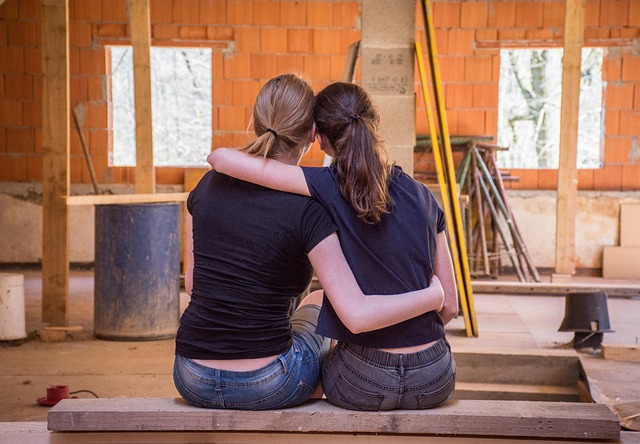
Empathy Unveiled: Navigating Emotional Realities in Relationships
In the intricate tapestry of human relationships, the threads of empathy weave a connection that transcends mere words and actions. Understanding another’s emotional reality is fundamental to nurturing meaningful bonds. Yet, how often do we pause to truly comprehend what others are feeling? In our fast-paced lives, we may find ourselves hurriedly skimming the surface of our loved ones’ emotions, missing the depth and richness of their experiences.
Empathy begins with active listening. When your partner shares their day, don’t just nod along. Instead, immerse yourself in their narrative. Ask thoughtful questions that invite them to expand on their feelings. For instance, instead of saying, That sounds tough,” consider saying, “What was the most challenging part for you?” This not only shows that you care but also opens the door to a deeper understanding of your partner’s emotional reality.
Another essential aspect of empathy is validating emotions. Each person encounters their world uniquely, and what may seem trivial to one can feel monumental to another. When you acknowledge their feelings without judgment, you affirm their experience. You might say, “I can see why you feel that way; it’s completely valid.” Such responses create a safe space where your loved ones can express themselves freely.
Moreover, mirror their emotions. If your partner is excited, join in that joy! Share in their enthusiasm and elevate the emotional atmosphere of your relationship. Conversely, if they are upset, adopt a compassionate approach. Sometimes, just being present, offering a hug, or simply sitting in silence beside them can communicate volumes without uttering a single word. Your presence during tough times reveals the strength of your empathy and reinforces the emotional bond.
Offering support in practical ways can also enhance emotional connections. If your loved one is grappling with stress, offer to help with tasks they’re struggling with. Acts of kindness, whether grand or small, speak to an understanding of their emotional reality. A helping hand can ease burdens and show that you are truly invested in their well-being.
It’s also vital to engage in self-reflection and consider your own emotional reality. Recognizing and managing your emotions can significantly impact how you relate to others. When you’re grounded in your feelings, you become more attuned to the emotional landscapes of those around you. Take time to journal, meditate, or simply ponder what makes you feel fulfilled or frustrated. These practices can foster greater emotional intelligence, making you a more empathetic partner.
Empathy is not just a skill but a commitment to understanding. It’s about showing up for each other, recognizing that vulnerability is a strength, and cherishing the moments when our emotional realities intertwine. Relationships thrive when empathy becomes a foundational pillar, allowing both partners to feel seen, heard, and valued.


